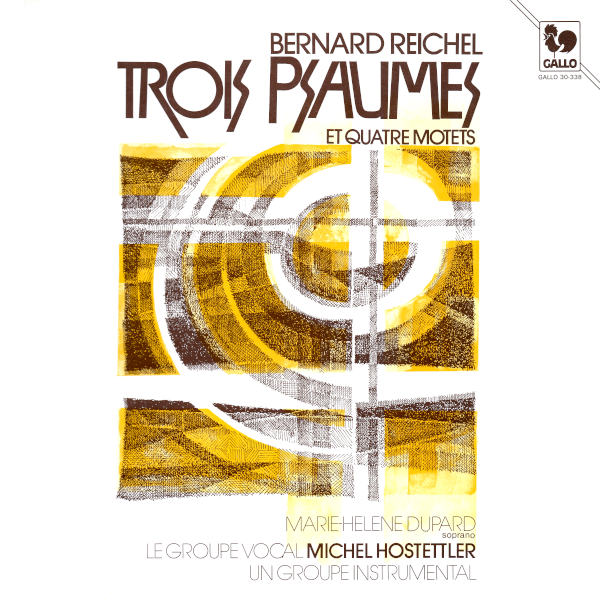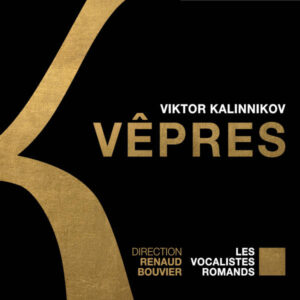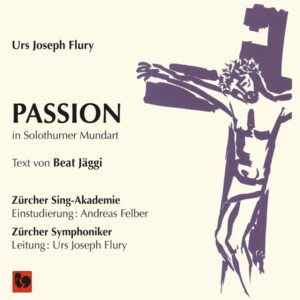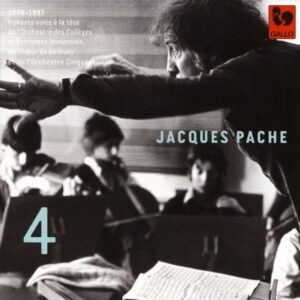Extraits / Excerpts
Bernard Reichel: Trois Psaumes et Quatre Motets - Marie Hélène Dupard - Groupe vocal Michel Hostettler, Michel Hostettler
Bernard REICHEL: Trois Psaumes : I. Psaume 102 (Live) – Trois Psaumes : II. Psaume 121 (Live) – Trois Psaumes : III. Psaume 113 (Live) – Ich freute mich (Psaume 122) – Gib frieden unser Zeit – Erhöre mich (Psaume 4) – O wertes Licht
Marie Hélène Dupard, Soprano – Groupe vocal Michel Hostettler, Michel Hostettler, Conductor.
THREE PSALMS
Having long enjoyed friendly relations with the Michel Hostettler Vocal Group, it was natural that this friendship should one day manifest in a common project. We thus jointly planned a concert where the Vocal Group would perform a work composed specifically for it; hence the origin of the Three Psalms.
The prospect of hearing my music sung by an ensemble whose style, ‘colour’, and transparent sonority were well-known to me helped and stimulated me. I searched for a text and, while leafing through the Missal, I was struck by the beauty of the Latin language and the renewal opportunities it offered me. The fragments of the three chosen psalms are like three pictures expressing well-defined states of the soul: the supplicatory prayer in Psalm 102, the contemplation and morning silence in the mountain in Psalm 121, and finally the praises and joy of Psalm 113.
The motets featured on side 2 of the record were inspired by German liturgical texts. Composed for the Marienkantorei of Lemgo, they have long been part of the Michel Hostettler Vocal Group’s repertoire.
Bernard Reichel
BERNARD REICHEL
The Swiss composer Bernard Reichel was born in 1901 in Neuchâtel. His early impressions and his first musical culture had their roots in the daily life of a family where music was constantly played and sung. He began his studies with Ch. Faller in Le Locle (piano, organ, harmony, conducting), and was subsequently a pupil of P. Benner in Neuchâtel (harmony), A. Hamm and H. Suter in Basel (organ and composition). His last teachers, E. Jaques-Dalcroze in Geneva and E. Levy in Paris, soon became his friends. He was an organist in Geneva, where he developed a close relationship with Frank Martin, and taught at both the Conservatoire and the Jaques-Dalcroze Institute.
His abundant work is particularly rich in church music and chamber music, although he did not shy away from the symphonic realm. The composer has aptly described his style:
“My melodic style has its origin in vocal music, in choral and popular song. My music is tonal and uses all modes. The diatonic scale forms the basis, enriched by possible alterations of all degrees. The counterpoint I employ is always grounded in a harmonic base.”
Bernard Reichel sought to express that which transcends us, rather than confining himself to sterile subjectivity. As a result, the radiance of his spiritual music earned him the admiration of younger musicians, particularly Michel Hostettler.
Numa Tétaz
- Categories
- Composers
- Interprets
- Booklet












